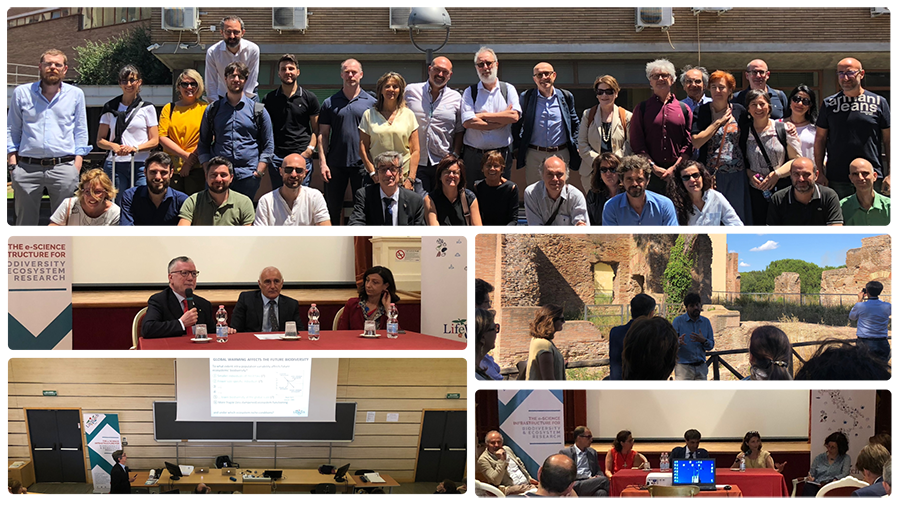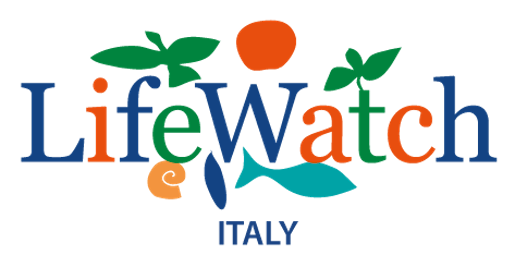
From 25 to 27 June 2018, LifeWatch Italy held its annual national conference in Rome. The Annual Conference of LifeWatch Italy, open to the national scientific community, aimed at presenting the latest developments of the national node, at the same time, welcoming external contributions on case studies and technological solutions, creating new opportunities for interaction and cooperation with the Infrastructure.
The Scientific Conference (25-26 June 2018) proposed three thematic sessions focusing on some of the key aspects on which LifeWatch-ITA has been active in the latest year, such as data and metadata, ICT services and semantic resources, citizen science, communication of science and training.
The Annual Conference was closed by an Institutional day Organised in collaboration with the General Secretariat of the Italian Presidency of the Republic in the fascinating framework of the Presidential Estate of Castelporziano, featuring a conference followed by a round table. The institutional conference was opened by Prof Massimo Inguscio (CNR President) and Alfredo Guarra (Deputy Secretary for management activities of the General Secretariat of the Presidency of the Republic) highlighting the potential that a research infrastructure combining expertise in ecology and ICT holds in tackling the challenges ahead of today’s society, followed by Giulia Bonella‘s (Castelporziano Presidential Estate Director) welcome to the guests. The conference presented LifeWatch Italy to national stakeholders and showed, thanks to the contribution of the Ministry for Education, University and Research (represented by Gianluigi Consoli), the Ministry of the Environment and Protection of Land and Sea (represented by Maria Carmela Giarratano), LifeWatch-ERIC CEO (Jesús Miguel Santamaria) and ERIC Forum Chair (Juan Miguel Gonzalez-Aranda), how the competences held by LifeWatch can trigger a virtuous cycle capable of concretely impacting, not only on the conservation of biodiversity and ecosystems, but also on aspects with high social relevance, such as employment and sustainable development, energy supply, nutrition and agriculture.
Finally, the round table concluded the working session enabling an exchange among representatives of research infrastructures (such as MIRRi, Danubius, LTER, AnaEE, ICOS, EMSO) active in the field of life sciences, contributing to the debate on a coordination strategy to strengthen the competitiveness of the national research on biodiversity and ecosystems, and its synergies with the socio-economic components.
The day was closed by a tour through the Presidential Estate discovering its environmental, historical and archaeological heritage, given by Daniele Cecca (Responsible for scientific and technical management area, environmental research and education).

